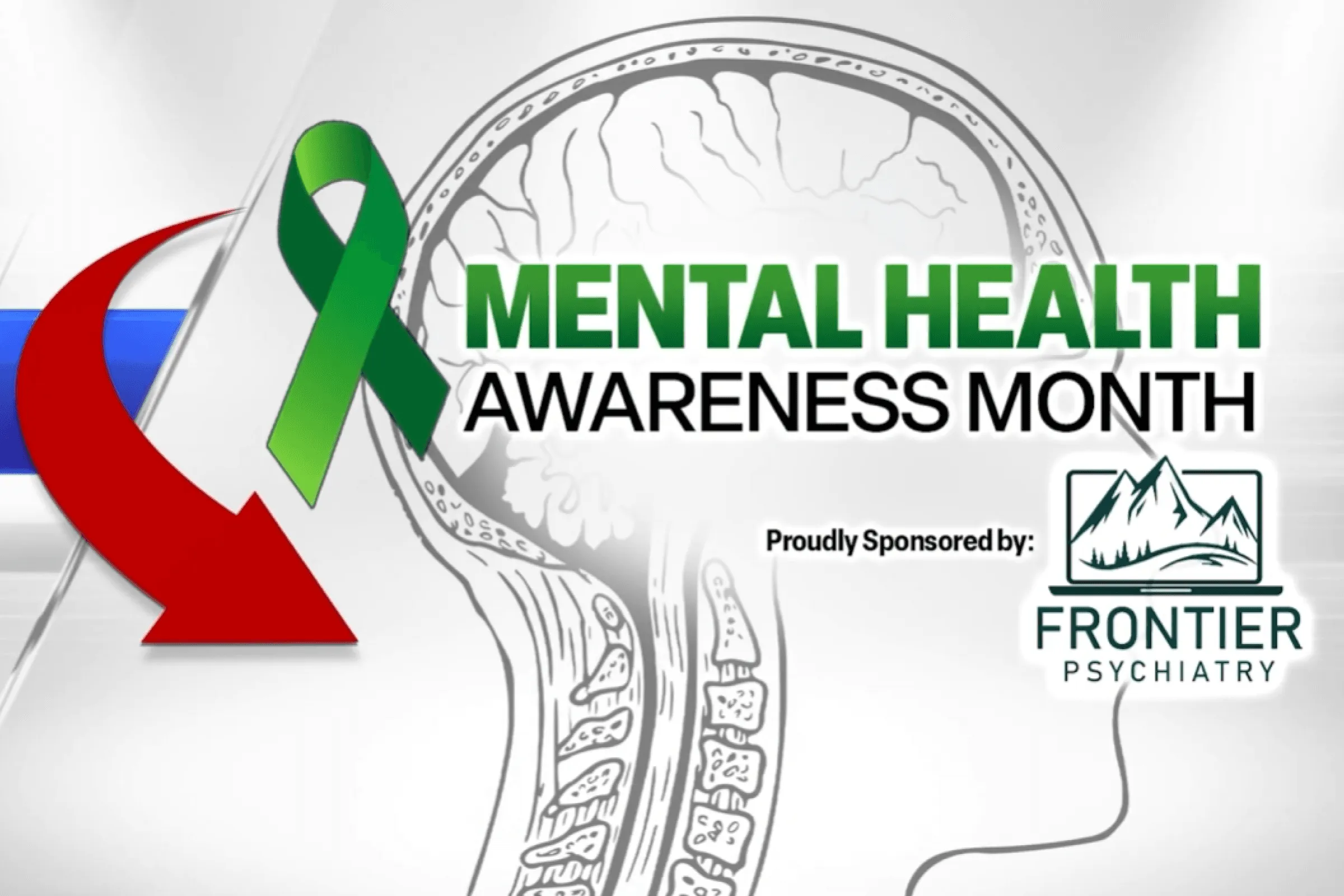ADHD and Learning Disabilities
Attention Deficit Hyperactivity Disorder (ADHD) is a prevalent neurodevelopmental condition characterized by inattention, hyperactivity, and impulsivity. Research indicates that approximately 50% of children diagnosed with ADHD also experience learning disabilities. This significant overlap suggests a complex interplay between ADHD and learning challenges, which can complicate the educational experiences of affected children.
Learning disabilities refer to a variety of disorders that impact the ability to understand or use spoken or written language, perform mathematical calculations, coordinate movements, or focus attention. Dyslexia, dyscalculia, and dysgraphia are among the most common learning disabilities. The co-occurrence of ADHD and learning disabilities means that children with ADHD often struggle with specific academic skills despite having average or above-average intelligence. For instance, a child with ADHD and dyslexia might find it exceptionally challenging to read and comprehend text, which can hinder their overall academic progress.
The reasons for the co-occurrence of ADHD and learning disabilities are multifaceted and not entirely understood. Neurobiological factors play a crucial role; both ADHD and learning disabilities are believed to stem from atypical brain development and functioning. Environmental factors, such as inadequate educational resources and support, can also exacerbate the challenges faced by these children. Additionally, the symptoms of ADHD, such as inattention and impulsivity, can mask or worsen the effects of a learning disability, making it more difficult for educators and parents to identify and address specific learning needs.
Addressing the dual challenges of ADHD and learning disabilities requires a comprehensive, individualized approach. Educational interventions should be tailored to meet the unique needs of each child, incorporating strategies that address both ADHD symptoms and specific learning difficulties. This might include behavioral therapy, specialized instruction, and accommodations such as extended time on tests or the use of assistive technology. Early identification and intervention are crucial to helping children with ADHD and learning disabilities achieve their full potential, underscoring the importance of coordinated efforts among parents, educators, and healthcare providers.
For more information, visit https://www.dyslexiamt.com/
Frontier Psychiatry - Mental Health PSA
